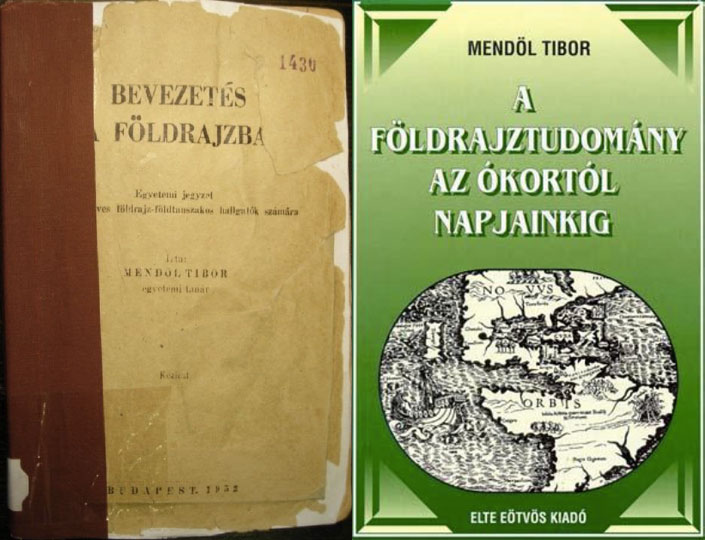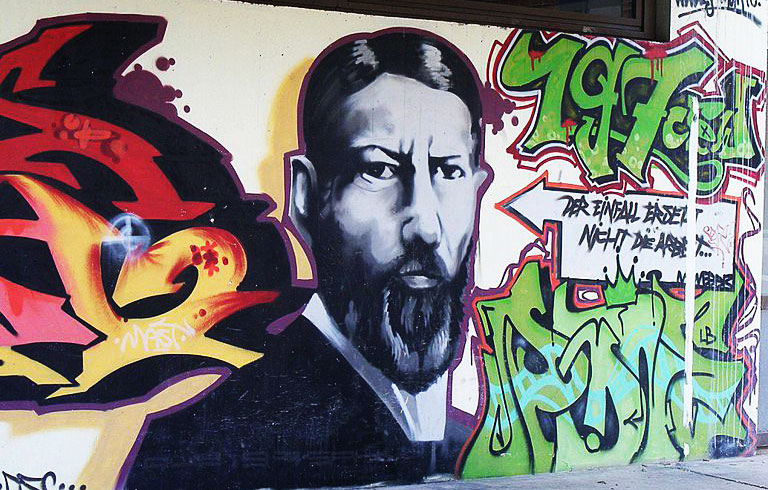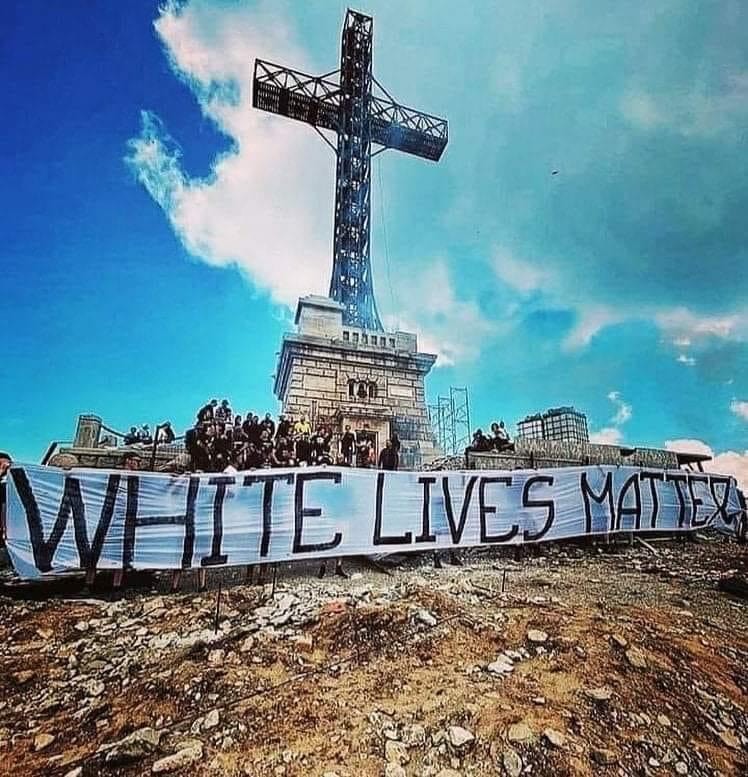
Ez ez előadás egy prominens magyar geográfus eredetileg az 1950-es években írt tankönyvének posztszocialista időszakbeli újrakiadásának körülményeit tárja fel, és a magyar posztszocialista geográfia „nagy történeti hézagának” ellentmondásos narratíváiban értelmezi. Mendöl Tibor „Bevezetés a földrajzba” című egyetemi jegyzete egy kettős narratívában íródott hibrid szöveg: egyfelől az előző konzervatív-nacionalista rezsim hagyományos „felfedezések története” narratívája, másfelől a későbbi szovjetizált rezsim kötelezően átvett marxista-leninista nyelvezete hatja át. 1999-ben a szöveg két rehabilitátorát, Perczel Györgyöt és Probáld Ferencet egészen különböző motivációk vezérelték (mint például egy letűnt, egykor dicsőséges földrajzi hagyományhoz való visszatérés, vagy a diszkreditált szocialista múlt szelektív elfedése), ám mindkét esetben a szerző szimbolikus átértelmezését követték el. Ez végső soron a szöveg önkényes átszerkesztéséhez vezetett, először is a kompromittálónak talált részek kitörlésével, másodszor a mű „teljes” történeti ívének „befejezése” általi újrakeretezésével, harmadszor pedig az ideológiailag terhelt szövegrészek szelektív és nem teljes „lefordításával” egy deideologizált formába. Az előadás célja rétegről rétegre bemutatni a szöveg történeti kontextusait, ugyanis a szövegértelmezési és történeti újraértelmezés nélkül az olvasó úgymond benn ragad Mendöl összeszőtt kettős narratívájának „hermeneutikai csapdájában”. Az előadás utolsó részében a tankönyv dicsőséges „felfedezések története” narratívája és világtörténeti, geopolitikai képzelete mai újraértelmezési lehetőségeit mutatom be a kritikai elmélet anti-eurocentrikus szakirodalmán keresztül.
Phantom of the past: Postsocialist contradictions in Tibor Mendöl’s republished “Introduction to Geography” textbook
This paper aims to unravel the contextual layers of the postsocialist republishing of a prominent Hungarian geographer’s textbook originally written in the 1950s, which is considered here as a vehicle of the contested narrativity in the “big historical gap” of postsocialist Hungarian geography. Tibor Mendöl’s Introduction to Geography was a hybrid text written in a dual narrative: first in a traditional “age of discoveries” narrative of the previous conservative-nationalist regime, and second in the obligatory Marxist-Leninist language of the later Sovietized regime. In 1999, the two rehabilitators of the text, György Perczel and Ferenc Probáld, were driven by different motivations (such as the return to a formerly glorious geographical tradition, or the selective confining of a discredited socialist past), but in both cases through a symbolic contestation of the author. This ultimately led to the arbitrarily reediting of the text, first by deleting its most compromising parts, second by reframing it in a “completed” form by “finishing” its historical span, and third by selectively and incompletely “translating” some of its burdened phrases into a partly de-ideologized language. My aim is to provide a layer-by-layer historical analysis of the text’s contexts, because without a dense hermeneutical and historical reinterpretation, we are entangled in the “hermeneutic trap” of Mendöl’s interwoven dual narrative. The last part of my presentation provides possible reinterpretations of the textbook’s triumphalist “age of discoveries” narrative and world historical, geopolitical imagination in light of the critical theories of anti-Eurocentric literature.
See my publication: Gyimesi, Z. (2014): The Contested Post-Socialist Rehabilitation of the Past: Dual Narratives in the Republishing of Tibor Mendöl’s “Introduction to Geography”. Hungarian Cultural Studies, 7: 242–273. https://ahea.pitt.edu/ojs/index.php/ahea/article/view/172
© Zoltán Ginelli
Citation:
Ginelli Z. (2020): Fantom a múltból: Mendöl Tibor „Bevezetés a földrajzba” újrakiadott tankönyvének posztszocialista ellentmondásai. Kritikai Földrajz Blog, 2020.07.18. Link:


